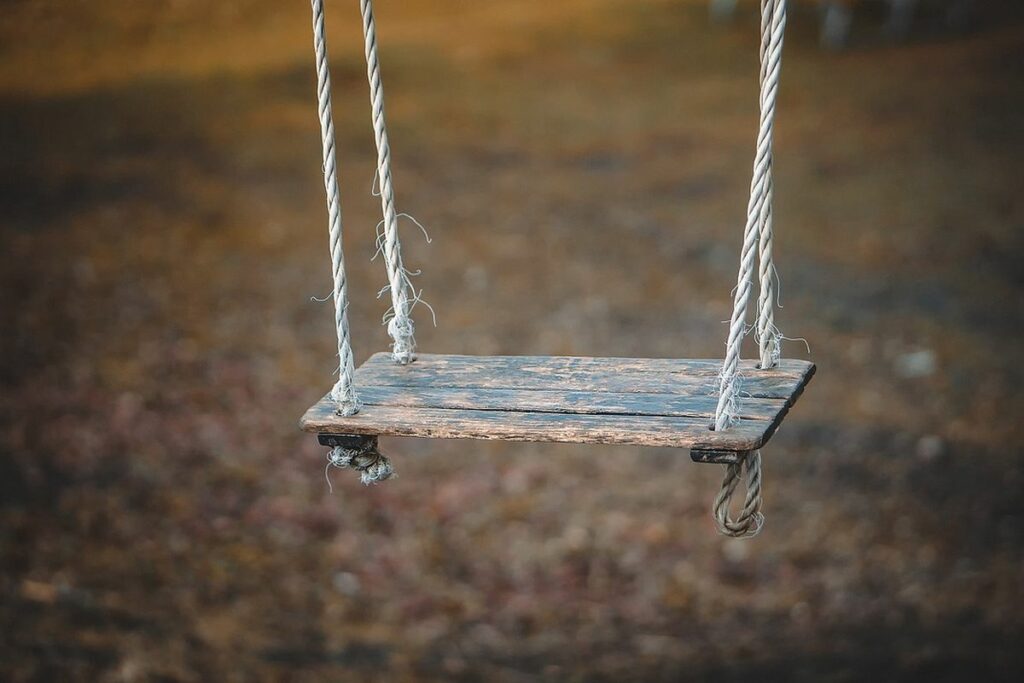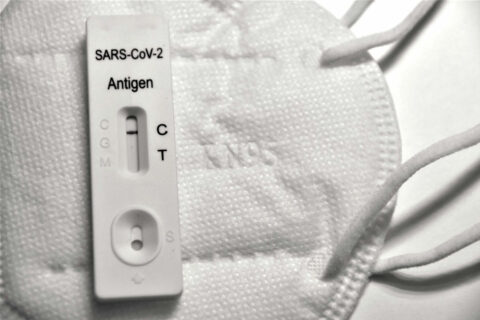The UK ratified the UN Convention on the Rights of the Child (‘UNCRC’) in 1991. In so doing, it became party to the first legally binding international treaty providing children (those under 18) with a full range of civil, cultural, economic, political and social rights. Scottish and Westminster governments are bound to implement the UNCRC in domestic law, and provision for children’s rights has been integrated into many legal fields. The Scottish Government recently restated its commitment to incorporate the UNCRC into domestic law.
However, the field of delict (termed tort law in many jurisdictions) is a noteworthy exception to the widespread norm of mainstreaming children’s rights in Scotland. There has been little change in over a century in the treatment of children within the field of delict and no substantive consideration of the state of childhood as a developmental or sociological phenomenon.
Delict is a field concerned with compensating those who have suffered injury or loss resulting from the wrongful actions of others. Sometimes children are themselves deemed wrongdoers (tortfeasors). Most commonly, however, children are victims seeking legal redress from an adult defender or organisation following unintentional injury Unintentional injuries cause death, disability and disfigurement for thousands of children annually in the UK, with those living in deprived areas being at greatest risk of serious injury.
Cross-disciplinary research demonstrates the limited environmental perception of children and, in many jurisdictions, children are afforded by law either partial or complete immunity from liability in delict/tort as wrongdoers and contributorily negligent victims relative to age. Yet, in Scotland, no immunity applies to children of any age. No developed consensus exists regarding the child’s developmental or cognitive capacity in the judicial context. Difficulties of theory, substance and practice persist. There is no scholarship providing an overarching critical analysis of children within delict. This research project aims to fill the gap.




